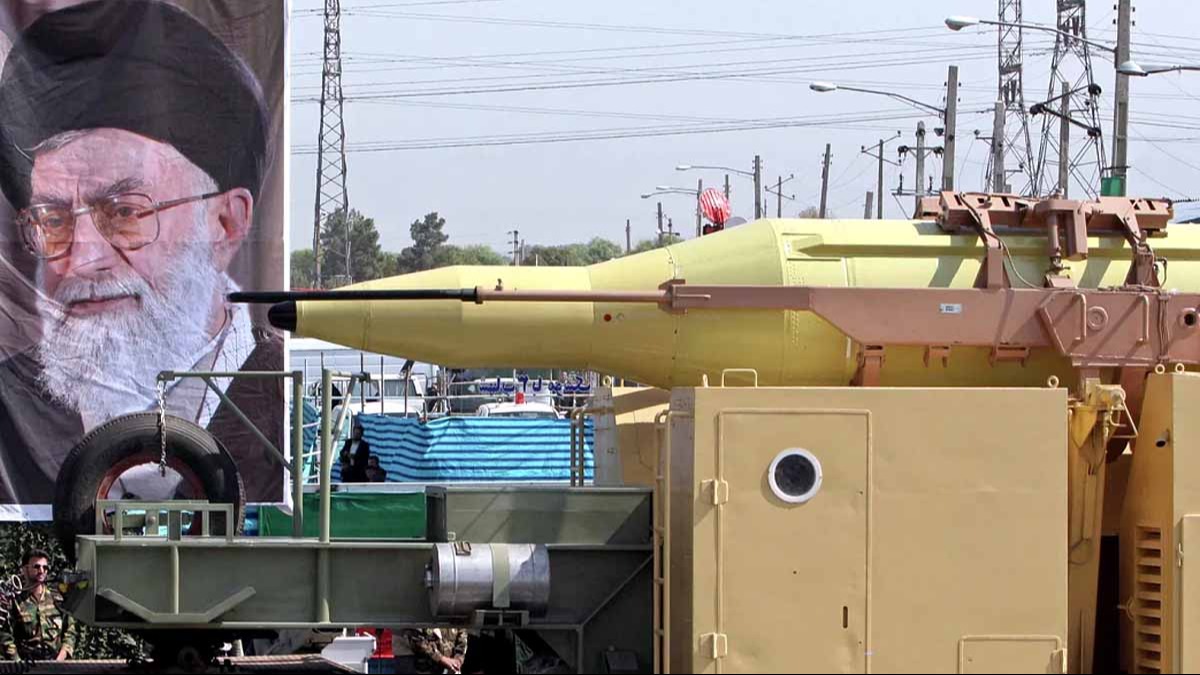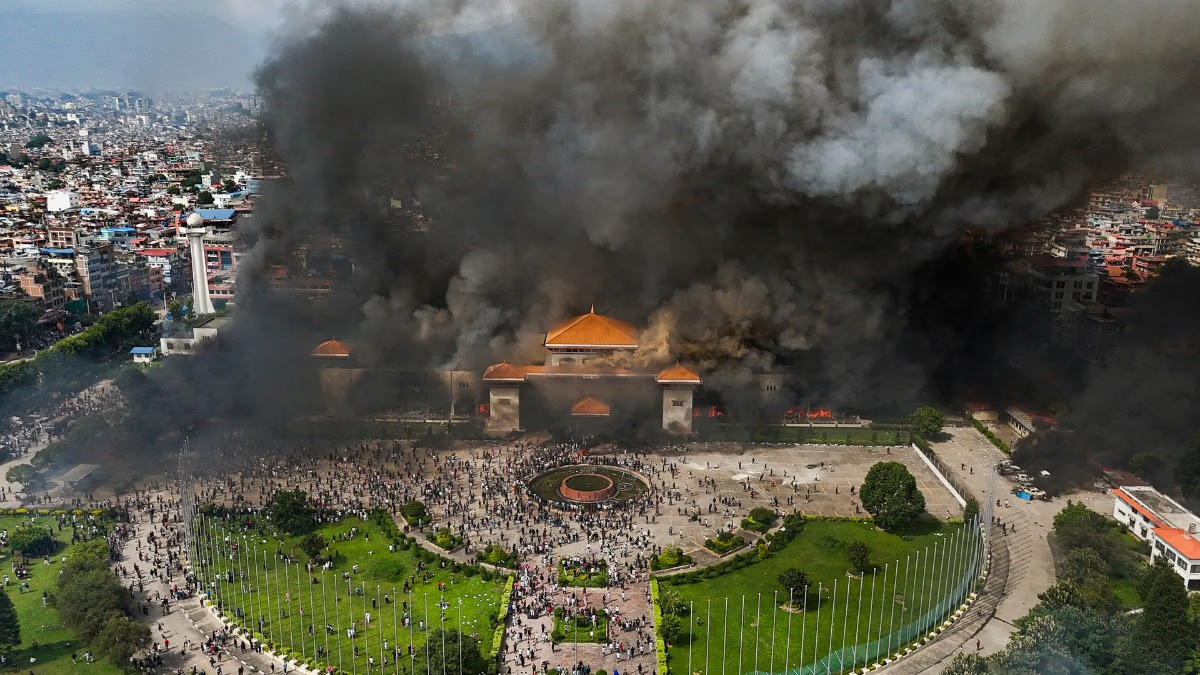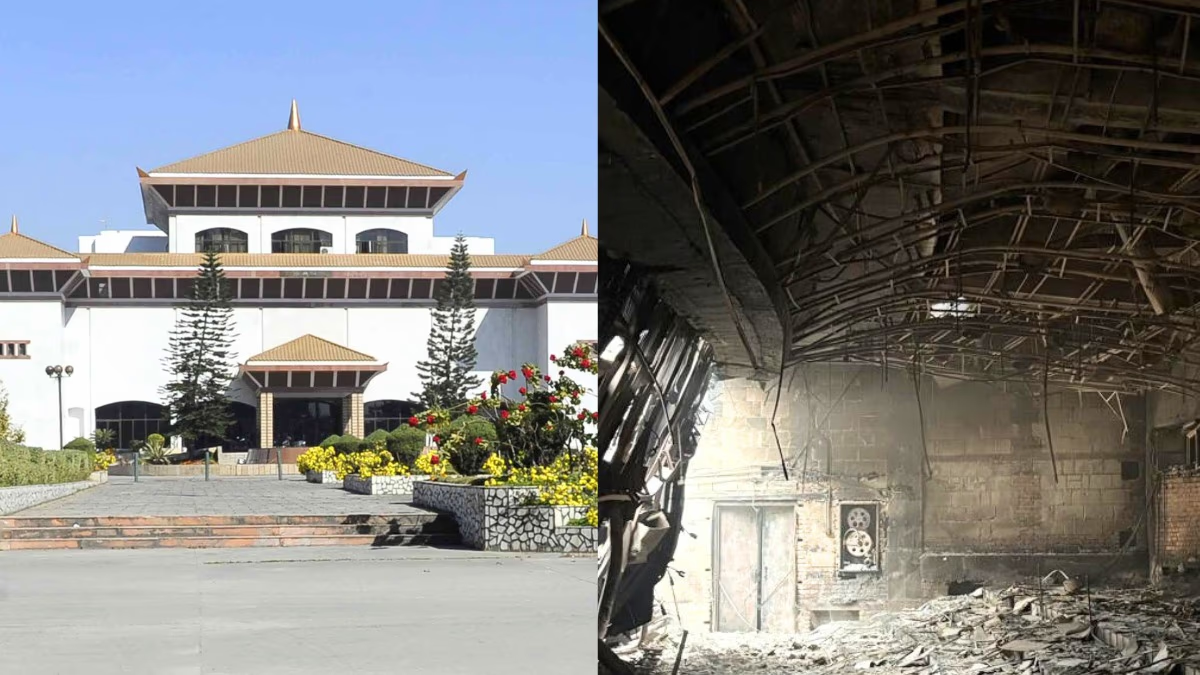Unleashing a barrage of drones and missiles, Iran's offensive against Israel is rumored to be a payback for a strike on its Damascus embassy—a claim Israel denies.
According to a
, Israel has never admitted to attacking the embassy in Damascus. Instead, Iran made a direct strike on Israel for the first time, signaling a shift from their ongoing shadow warfare where strikes were never acknowledged.
Read More: An Iranian missile reached Israel in 400 seconds, evading the Iron Dome and exposing a failure in hyper-sonic tracking.
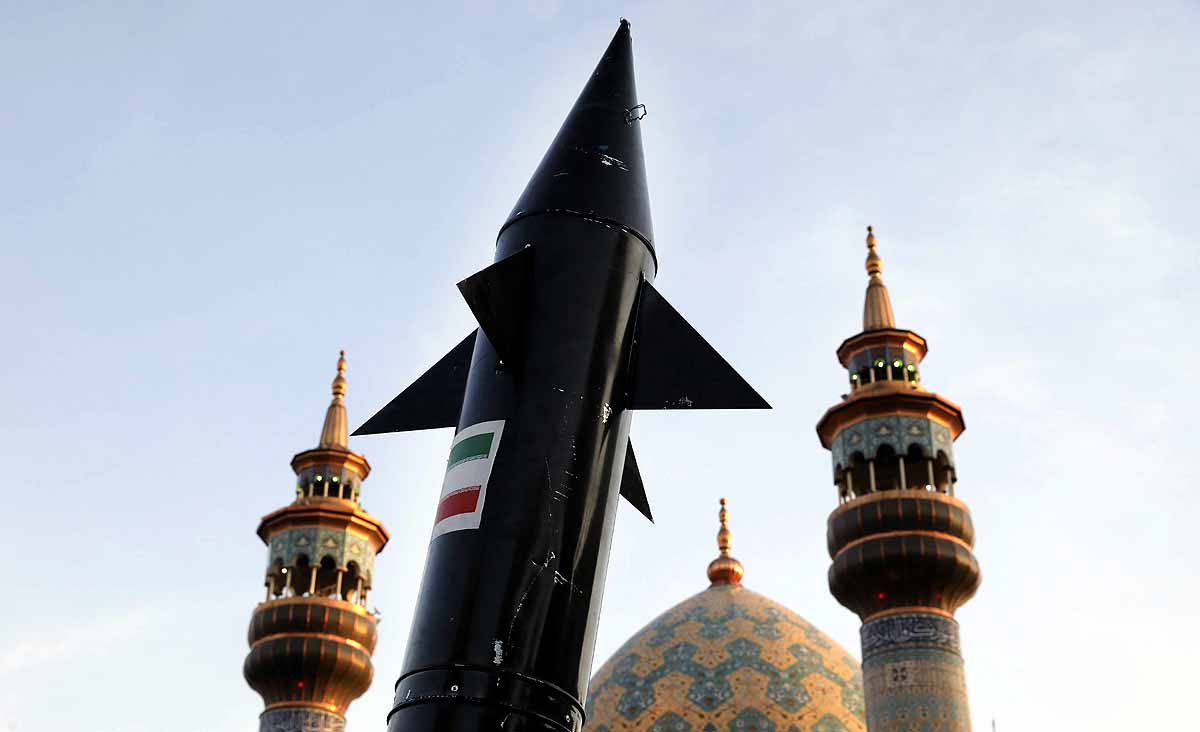
Source: aajtak
As per Sputnik Media, Iran's strike was a powerful statement to Israel showcasing that the sophisticated US X-band radar couldn't detect their missile launch in time. Despite global support for Israel, they failed to intercept Iran's projectiles, which successfully hit strategic bases, foreshadowing potential repercussions for future Israeli assaults.
Iran wanted to showcase its might
Weapon inspector Scott Ritter highlighted the attack on Israel's Ramon Military Airbase in the Negev Desert, inflicted by numerous hyper-sonic missiles. Iran aimed to embarrass Israeli Prime Minister Benjamin Netanyahu and demonstrate Tehran's strength to the world.
Also Read: The potency of Israel's Arrow-3 hyper-sonic weapon, which shattered Iran's missile in space.
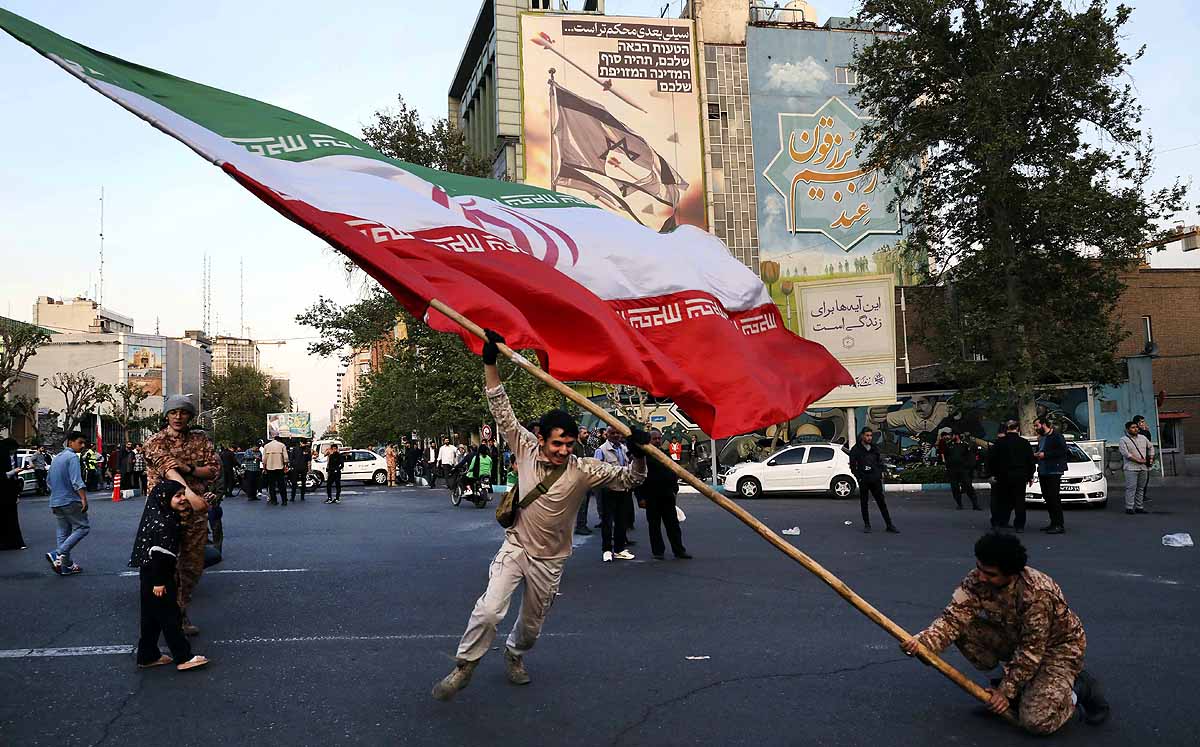
Source: aajtak
The deception behind drones and missiles
Ritter noted that the missiles and drones Israel shot down were designed to be intercepted, suggesting Iran wanted Israel to feel victorious in taking them down, while their main target was eventually hit, unfazed by Israel's defenses.
The missile struck its intended target
In the end, Iran's strategy prevailed as their hyper-sonic missiles struck the base, eluding Israel's air defense system. Iran proved it's capable of flaunting its power and executing attacks at will, uninhibited by any opposition.
Read More: What is Interception: The arsenal of Iron Dome, Arrow-3... Israel's prowess in neutralizing 99% of Iranian missiles and drones.
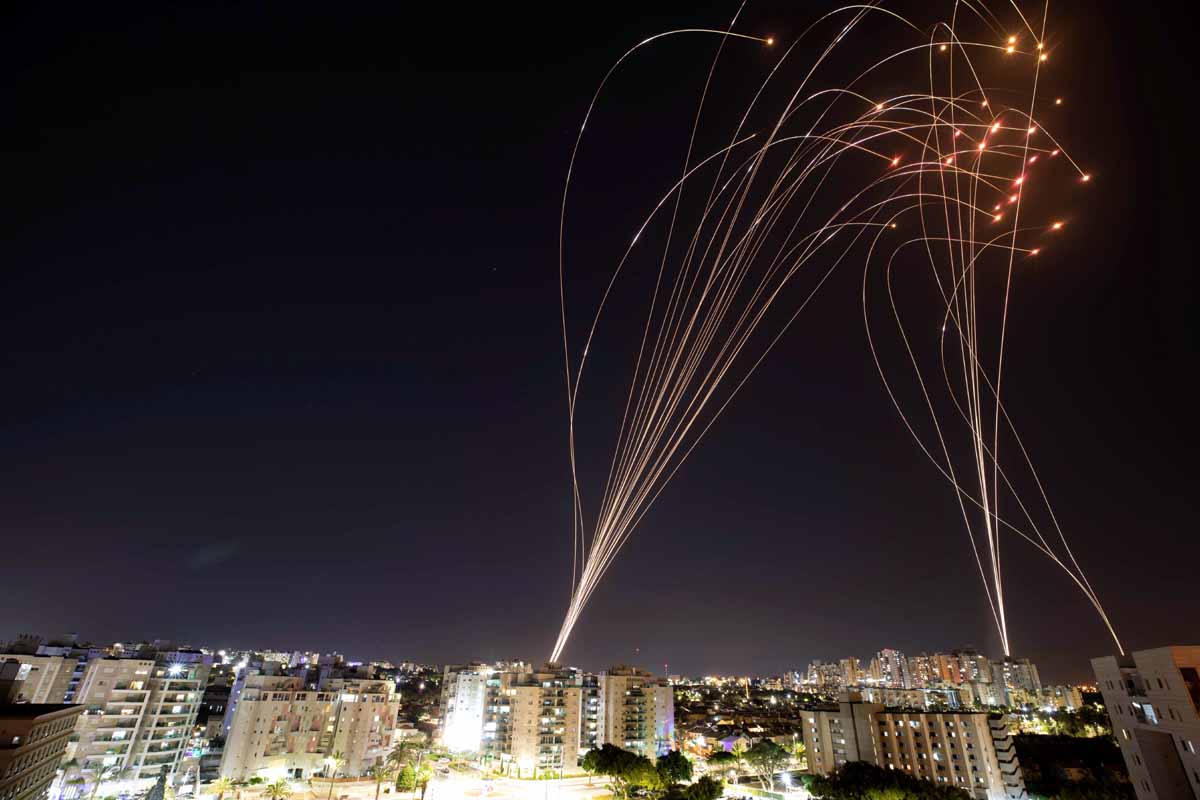
Source: aajtak
Once allies, Iran and Israel are now foes
Prior to the 1979 Islamic Revolution in Iran, the two nations shared a friendly relationship which soured post-revolution, with Iran contesting Israel's legitimacy and even labelling it a 'tumor' in the past, calling for its complete obliteration.
Israel suspects Iran of possessing destructive arsenals, funding Hamas, and supplying Hezbollah with support, funds, and arms. Iran is also alleged to have nuclear capabilities but has never confirmed this publicly.
Read More: World War 3: When will it erupt... Not a conflict between Iran-Israel, but these continents may kindle the war spark.
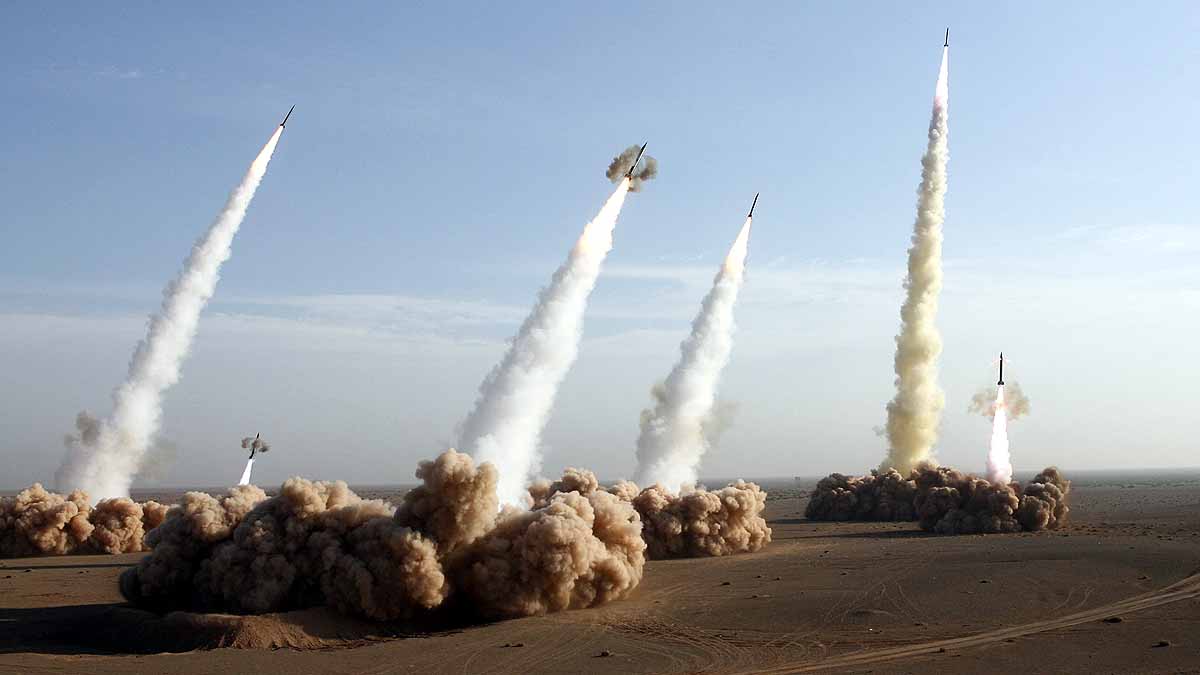
Source: aajtak
Iran wanted an immediate retaliation for the Damascus embassy attack
Following the assault on Iran's embassy in Damascus which led to the death of senior military commanders, Iran sought immediate retaliation. Israel denies orchestrating the embassy attack which killed 13 people including the prominent figure Brigadier General Mohammad Reza Zahedi, associated with Hezbollah.
The subsequent airstrikes on Iran, suspected to be Israel's doing, fueled the preparations for this assault.
Read More: The might of the Israeli Air Force that could subdue Iran in a day.
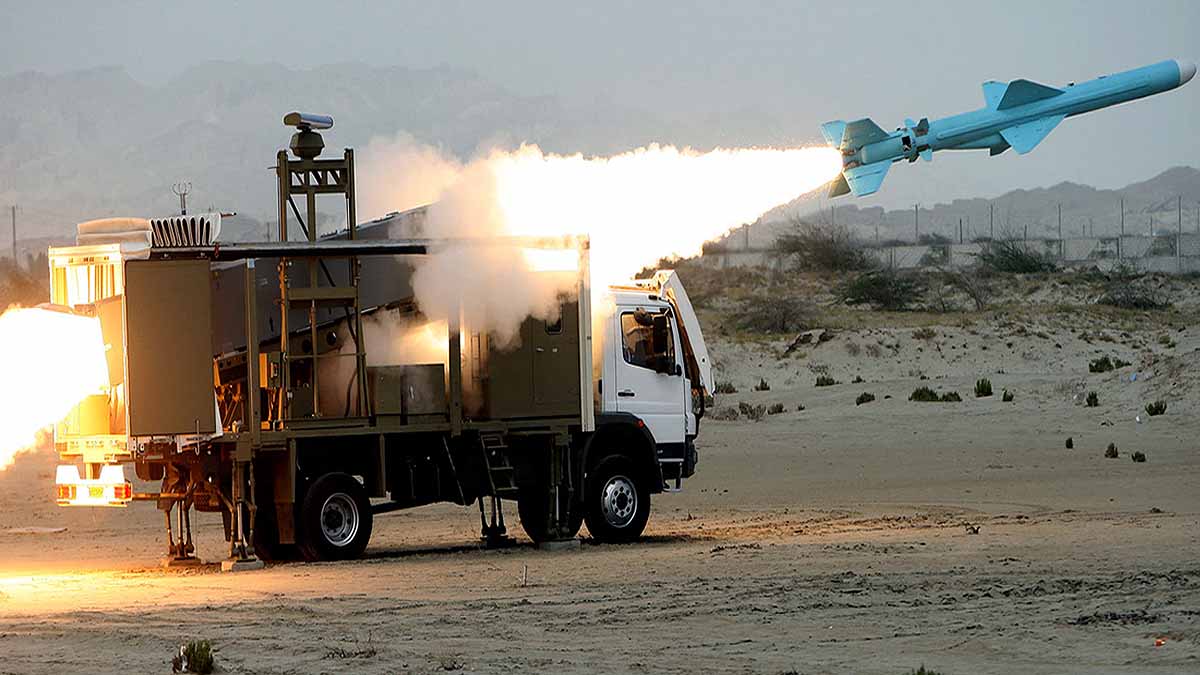
Source: aajtak
Do Iran and Israel possess nuclear arms?
It is speculated that Iran harbors its own nuclear weapons; while never officially disclosed, it is possible it could quickly become a nuclear-armed nation using its power plants. Global nuclear watchdogs found 87% enriched uranium particles in Iran, suitable for weaponry, countering earlier claims of having only 60% enrichment.
Last year, Iran was found with weapons-grade uranium, following which sanctions were imposed in 2018.
